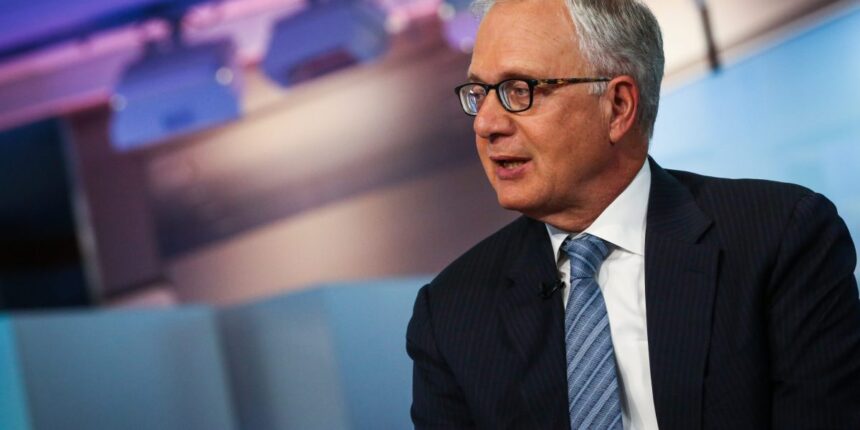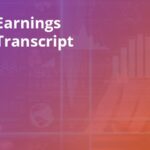
Investor enthusiasm over AI’s potential to boost productivity and usher in a new era of growth helped the stock market rebound from 2022’s brutal drop throughout the first half of this year. Even as the Federal Reserve hiked interest rates to fight inflation, the S&P 500 jumped roughly 20% to briefly touch 4600 at the end of July. For Ed Yardeni, the founder of Yardeni Research, the stock market’s surge was expected, but “ahead of schedule”—and that meant a near-term pullback was on the way.
“We concluded that the [S&P 500] index might fall to its 200-day moving average, which is currently around 4200,” the veteran investment strategist, economist, and former Fed official recalled in a Sunday note.
Since then, the S&P 500 has done just that, or thereabouts, dropping some 7% to 4,280 by midday on Monday. Yardeni believes the index “could easily” drop down to his forecast of 4,200 during October as well, but after that he expects a comeback.
“We see a year-end Santa Claus rally back to 4600, or close to that level,” he explained, quickly adding that this assumes there isn’t an extended auto strike, a government shutdown, or “surprising credit losses at the banks.”
Despite concerns over the effects of rising borrowing costs on banks and other firms, Yardeni argued that the third-quarter earnings season will likely be “much better than widely expected” and S&P 500 operating earnings per share will hit a record high by the end of the year.
He showed that even with rising interest rates, stubborn inflation, and the Ukraine war, S&P 500 operating earnings per share rose roughly 29% from around $42 before the pandemic to $54.56 in the second quarter of this year. And now, with a number of economic headwinds subsiding, there is even room for more earnings growth. “After all, Q3’s real GDP looks likely to be well above consensus forecasts,” he noted.
To Yardeni’s point, third-quarter GDP is currently tracking between 3% and 4%, according to data from both Baird and Ernst & Young (EY).
EY chief economist Gregory Daco explained in a Thursday note that the third-quarter GDP figures will show that a recession “isn’t on the near term horizon” and noted that the data could even be especially strong because of a “one-off boost” from the Taylor Swift and Beyoncé’s summer tours as well as the Barbie and Oppenheimer films.
Other economists have upgraded their third-quarter GDP growth outlooks in recent months due to the resilience of the labor market and consumer spending as well. The Federal Reserve Bank of Philadelphia’s panel of economic forecasters said in August that they now believe real GDP, which accounts for inflation, will grow at a 1.9% annual rate in the third quarter, up from their June prediction of just 0.6%. “The U.S. economy for the next three quarters looks stronger now than it did three months ago, according to 37 forecasters,” the Philadelphia Fed said in a statement about the survey.
Yardeni isn’t alone in his bullish forecast for stocks, either. Goldman Sachs analysts, led by chief U.S. equity strategist David Kostin, explained in a Monday note that they expect the S&P 500 to end the year at 4500.
Kostin and his team noted that corporations have struggled with rising input costs due to inflation throughout the year, but now those headwinds are slowly subsiding, which should increase S&P 500 firms’ profitability. And moving forward, investors’ enthusiasm over AI may actually be warranted, they said, arguing “an AI-driven increase in revenues and productivity” could lift the S&P 500’s annual average EPS growth substantially over the next 20 years.
“While there is significant uncertainty around the timing of AI’s impact, several companies have already begun to discuss ways in which AI will be able to enhance productivity and reduce costs,” they wrote.








